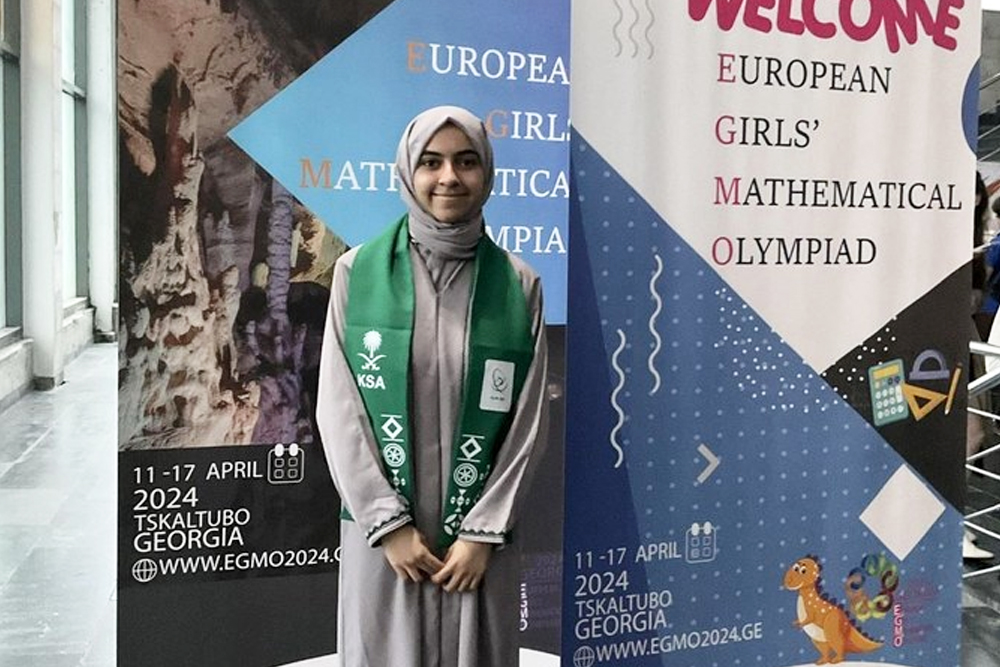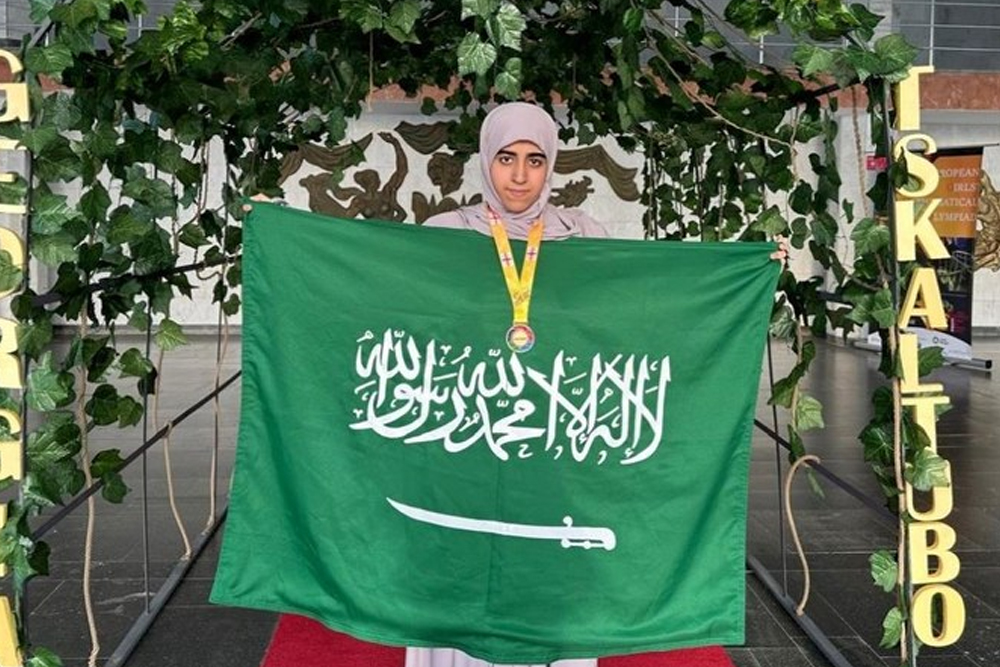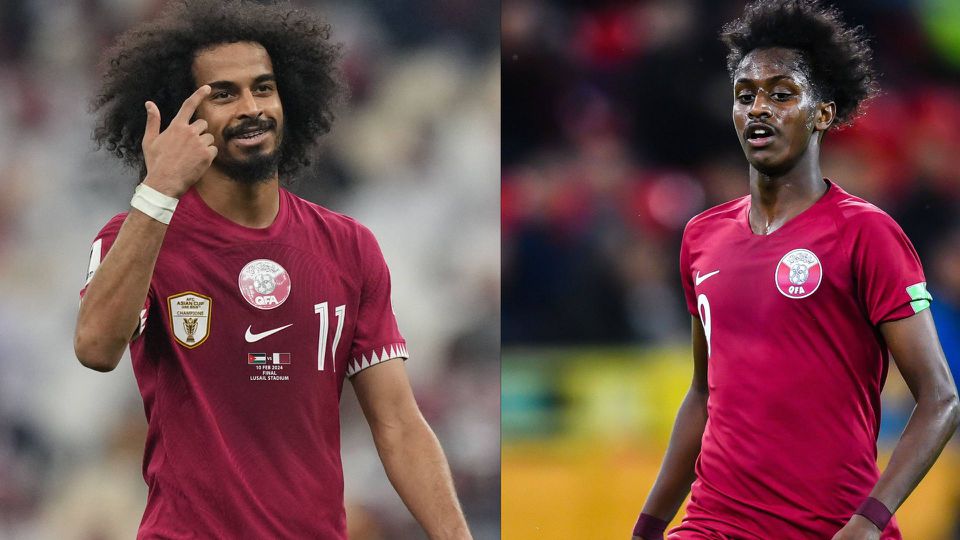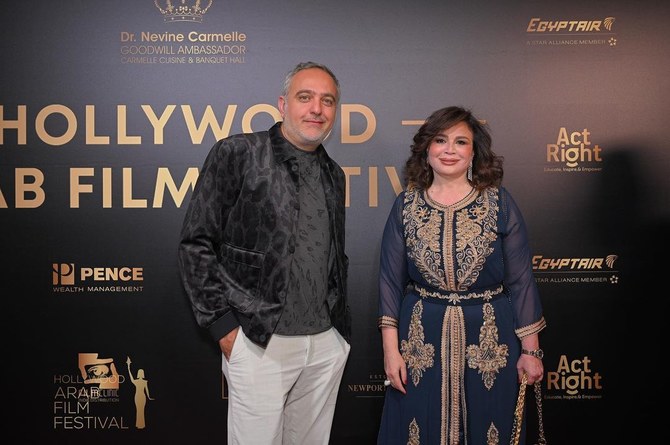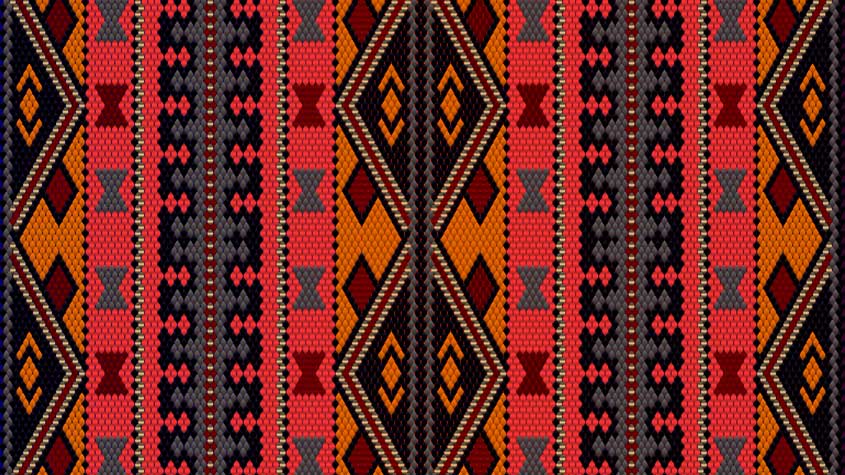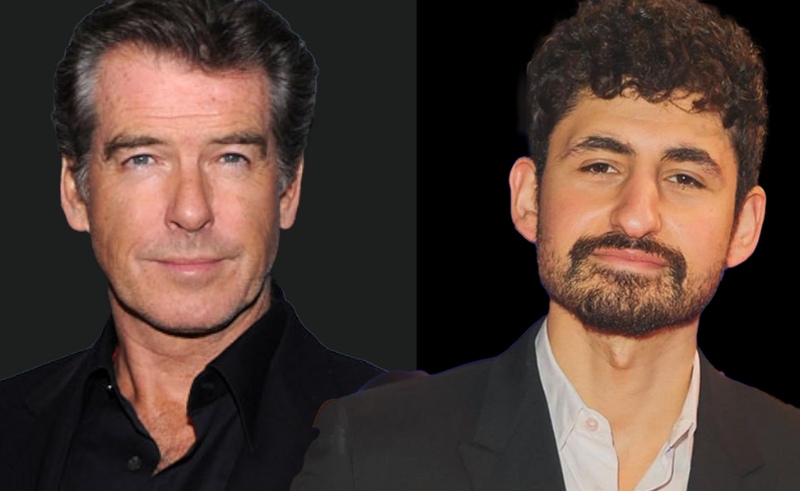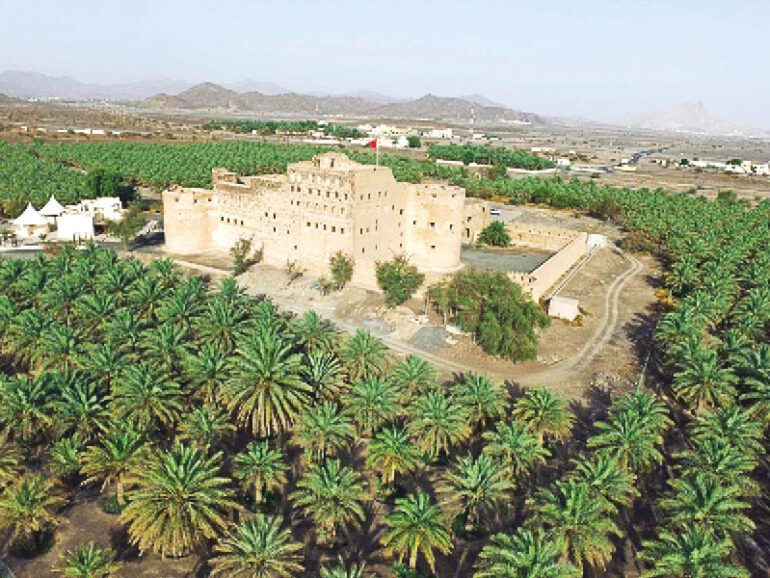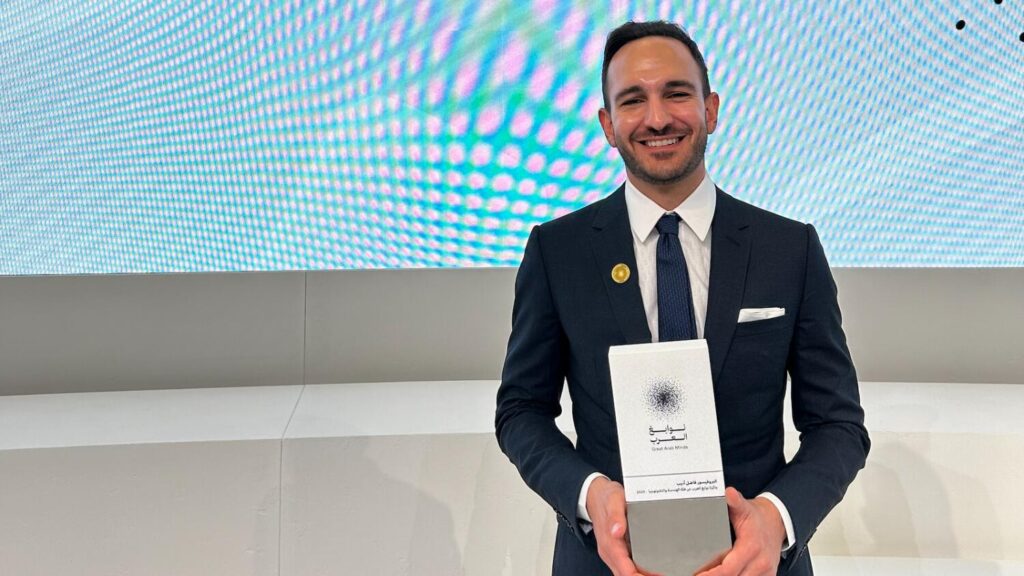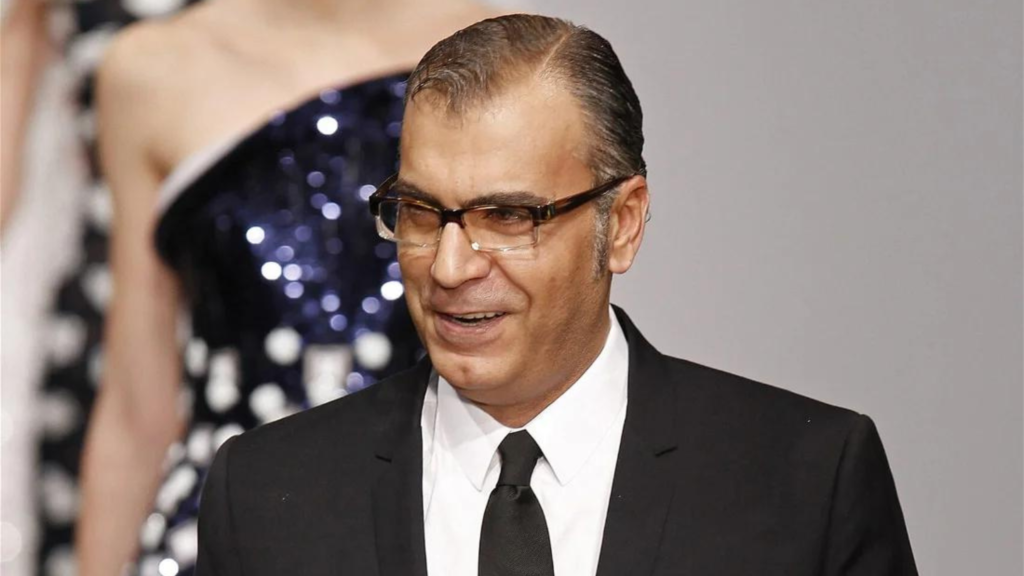Moroccan reciters performed well at the competition and demonstrated exceptional talent and proficiency in Quranic recitation.
Moroccan Ilyas Hajri has clinched the title of World Quran Reader in the Hafiz category at the fourth edition of the Bahrain Online Quran Recitation Competition.
The Moroccan Quran reciter won the prize for his exceptional proficiency in reciting the Holy Quran.
This win adds to a string of previous successes, as Hajri has consistently shown excellence in Quranic recitation competitions. Last year, he won first place in the International Quran memorization competition in Astana, Kazakhstan.
In addition to Hajri, Moroccan Yassine El Kazzini secured the second position in the same category.
Meanwhile, Moroccans Abdelbasset Ourach and Mustapha Zahid claimed third places in the categories of memorized recitation (Tajweed) and melodious recitation (Murattal) respectively.
The finals of the competition were conducted in-person in Bahrain’s capital city Manama, where the top performers competed to secure their positions in various categories of Quranic recitation.
The competition brought together over 5,000 participants from 74 countries.
Meanwhile, Mohamed Sameer Mohamed Mujahid from Bahrain was crowned the World Quran Reciter in the Tajweed category, while Ahmed Mohamed Saleh Ahmed from Yemen secured the same title in the category of junior reciters.
Organizers of the competition highlighted its mission to promote and celebrate the recitation and memorization of the Holy Quran.
It also aims to serve the Quranic tradition by providing a platform for individuals of all ages and nationalities to showcase their skills and proficiency in reciting the Quran.
Moroccans have built a strong reputation for their excellence in Quran recitation competitions, consistently shining on the global stage.
Last month, Moroccan Elias Al-Mahiawi won first place at the 20th International Quran Competition in Tanzania.
source/content: moroccoworldnews.com (headline edited)
_______
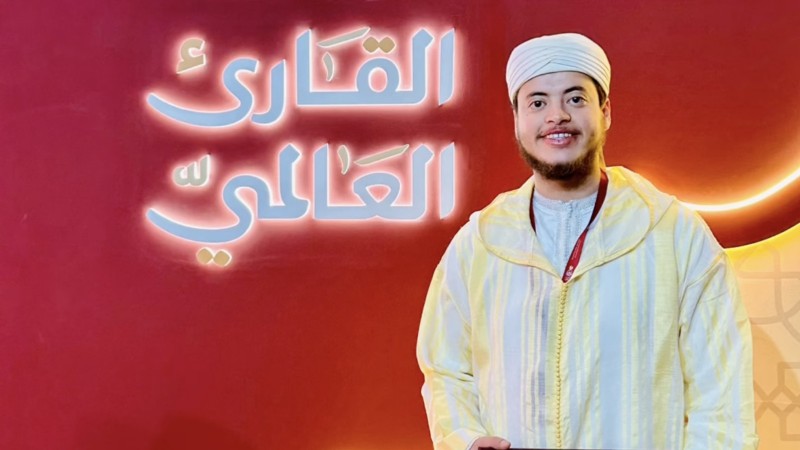
__________________________________
BAHRAIN / MOROCCO / YEMEN
